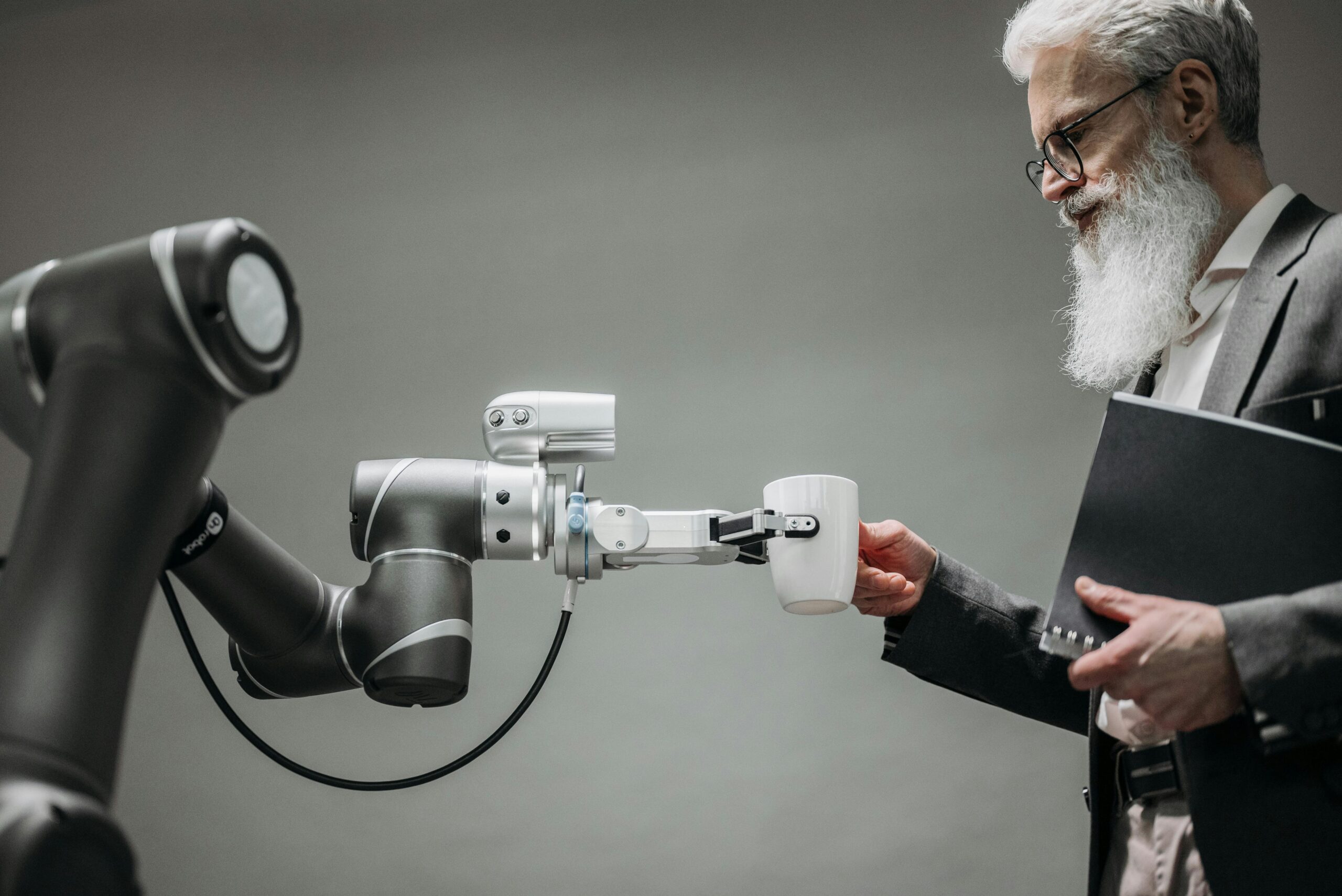
As organizations seek to stay competitive in an increasingly digital world, adopting cutting-edge technologies like AI has become a priority. However, the success of AI implementation hinges on more than just selecting the right tools—it requires a thoughtful, human-centered strategy for fostering engagement and driving change. Our experience working with enterprises on transformative initiatives, such as deploying new business tools or processes, has shown us that the same strategies that make these efforts successful also apply to AI adoption.
Lessons from Other Transformative Initiatives
Over the years, we’ve learned that success in enterprise transformations, whether it’s implementing new software or overhauling business processes, comes down to three critical factors: engagement, empowerment, and internal advocacy. When it comes to AI, these same factors drive adoption success.
Engagement Through Hands-On Experience
Just as we have seen with new software deployments, getting teams directly involved with AI from the start is key. For example, a prompt-writing competition can allow team members to interact directly with AI tools in a fun, low-pressure environment. This hands-on experience mirrors what we’ve done with other enterprise rollouts, where employees are encouraged to test and interact with the new technology in ways that are relevant to their daily tasks.
Empowering Internal Champions
In any large-scale initiative, be it implementing a new CRM or introducing lean processes, identifying internal champions has always been a critical success factor. These are the individuals who naturally gravitate toward new tools and are enthusiastic about helping their teams learn and adapt. In the case of AI, a prompt-writing competition also serves as a way to surface these champions. Just as we’ve seen with other transformations, these champions are pivotal in advocating for AI within their departments, providing guidance, and helping their peers overcome adoption challenges.
Building a Culture of Innovation
When organizations roll out large-scale changes—whether it’s AI or another transformative tool—it’s not just about the technology itself but about fostering a mindset of innovation and continuous improvement. Our work helping companies with digital transformations has always focused on creating this culture. With AI adoption, we see the same cultural shift happen as teams begin to embrace AI-driven insights and tools as integral to their work.
Why AI Is Just Another Transformative Initiative
The reason these strategies work so well for AI adoption is that, at its core, adopting AI is similar to any other large-scale enterprise transformation. Whether an organization is implementing a new software system, changing business processes, or deploying AI, the same hurdles exist: employees need to understand the benefits, the technology needs to be integrated into workflows seamlessly, and there needs to be advocacy from within the organization to keep momentum going.
We know how to build excitement, foster engagement, and develop a lasting culture of innovation—and these are the very same factors that make AI adoption a success.
Results: AI Adoption Mirrors the Success of Other Initiatives
Through our engagement techniques, such as a prompt-writing competition, we can not only introduce AI but lay the groundwork for a cultural shift toward data-driven innovation.
Similarly, in past engagements where we’ve helped implement new enterprise tools or processes, the same pattern has emerged. A focus on hands-on learning, internal champions, and a culture of innovation leads to transformative success, regardless of the technology in question.
Key Takeaways for Enterprise AI Adoption
Organizations looking to adopt AI should approach it the same way they would any other transformative initiative. By focusing on engagement, empowerment, and internal champions, businesses can ensure that their AI efforts are sustainable and impactful. Our success with large-scale transformations in areas such as software deployment and business process improvement translates directly into our ability to help enterprises successfully integrate AI into their operations.
In the end, AI adoption is not just about the technology—it’s about people, culture, and how well organizations can embrace change. With the right approach, any enterprise can turn AI into a transformative force for growth and innovation.
